HS-LS1-3
Plan and conduct an investigation to provide evidence that feedback mechanisms maintain homeostasis.
-
 Animals
AnimalsHere’s how sea otters stay warm without blubber or a large body
For the smallest mammal in the ocean, staying warm is tough. Now, scientists have figured out how the animals’ cells rise to the challenge.
-
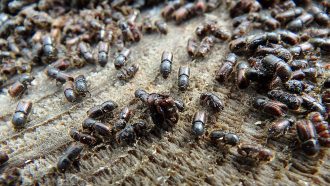 Animals
AnimalsMost species of beetles pee differently than other insects
Scientists uncover their unique system for balancing ions and water. The findings may hint at why beetles are the most diverse animals on Earth.
By Jack J. Lee -
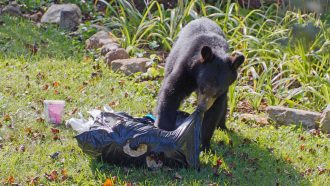 Animals
AnimalsChanging people’s behavior can make bear life better
Black bears don’t always live life on the wild side. More and more, they live near people. Here’s how people and bears can get along.
-
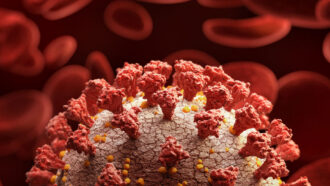 Health & Medicine
Health & MedicineSome young adults will volunteer to get COVID-19 for science
Researchers will soon give some healthy people the new coronavirus. Their young volunteers have agreed to get sick to speed coronavirus research.
-
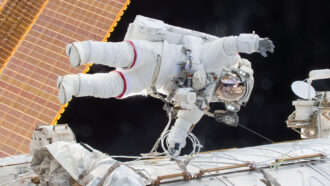 Space
SpaceSpace travel may harm health by damaging cells’ powerhouses
Biochemical changes after going to space suggest that harm to cells’ energy-producing structures, called mitochondria, could explain astronauts’ health issues.
By Jack J. Lee -
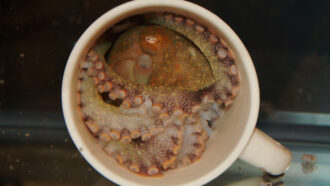 Animals
AnimalsTouching allows octopuses to pre-taste their food
Special sensory cells in their arms’ suckers sense chemicals. Those cells allow them to taste the difference between food and poison.
-
 Health & Medicine
Health & MedicineStrongest bones come from Goldilocks recipe of exercise and rest
Building strong bones for life depends on adolescents staying active and getting enough sleep. Sometimes a lot of sleep, like 11 hours!
-
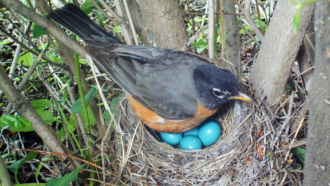 Animals
AnimalsScientists Say: Medullary bone
Medullary bone is a layer that forms inside bird and dinosaur bones. It’s a source of the calcium in eggshells.
-
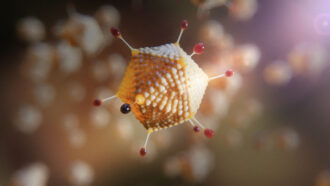 Health & Medicine
Health & MedicineThird major vaccine shows great promise against COVID-19
This vaccine, which may be easier to get to the public, appears to be 90 percent effective at halting disease and maybe spread of the new coronavirus.
-
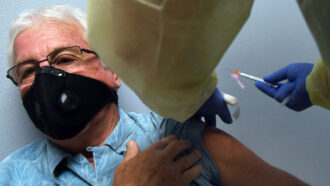 Health & Medicine
Health & MedicineModerna vaccine for COVID-19 appears nearly 95 percent effective
A second coronavirus vaccine appears super effective in preventing people from being sickened by COVID-19.
-
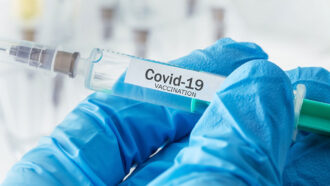 Health & Medicine
Health & MedicineNew Pfizer vaccine appears 90 percent effective against COVID-19
Preliminary finds show one of the new coronavirus vaccines appears 90 percent effective at reducing symptomatic COVID-19 infections.
-
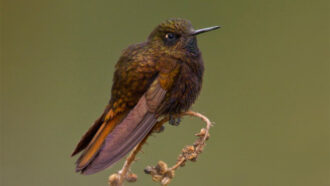 Life
LifeOne hummingbird survives cold nights by nearly freezing stiff
To survive a freezing night, hummingbirds in the Andes mountains go very still, slow their heart rate and let their body temperature plummet.